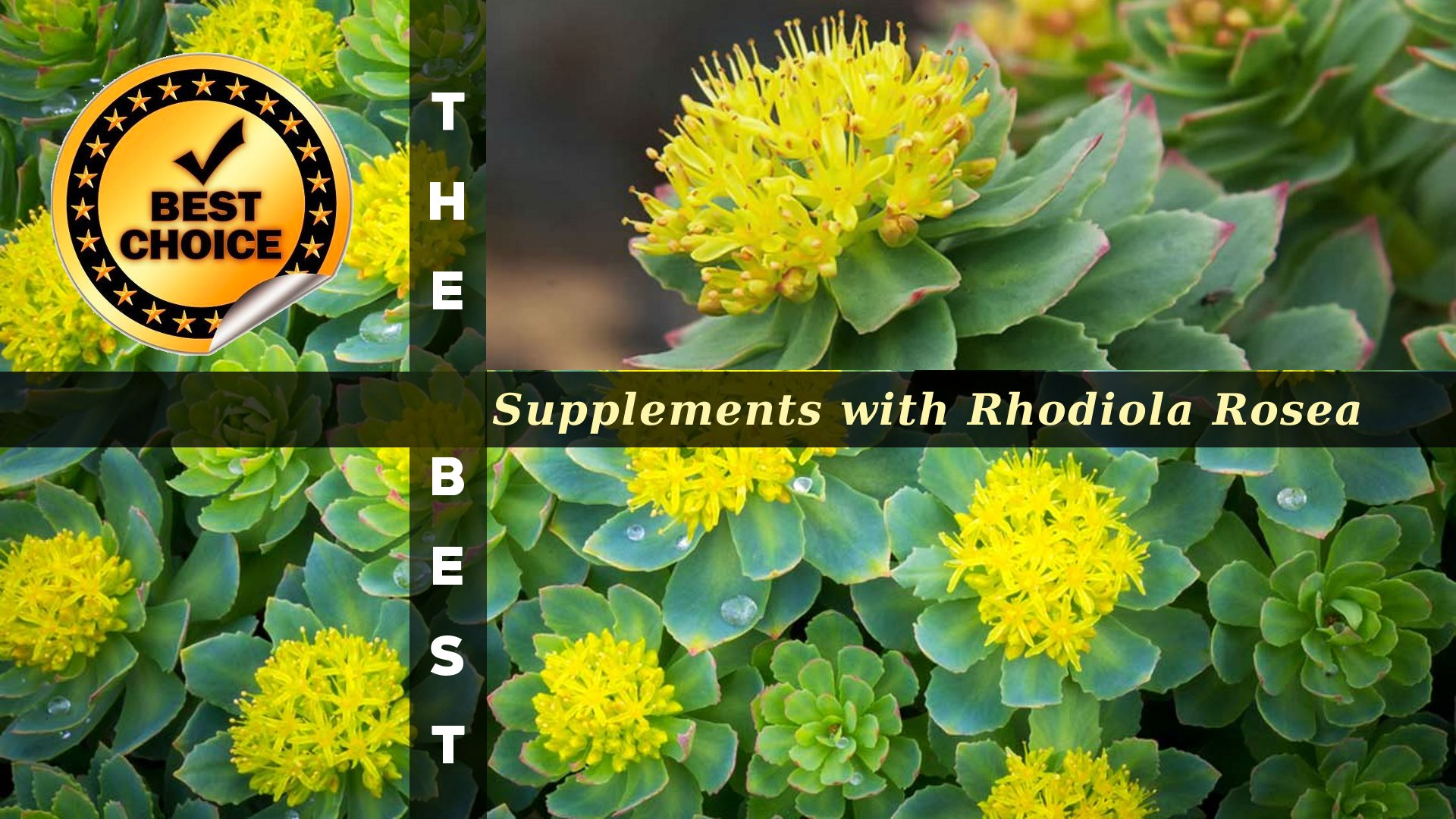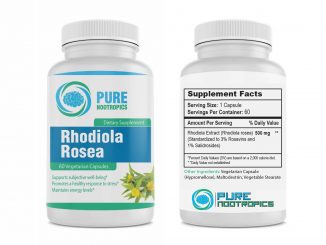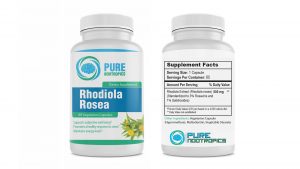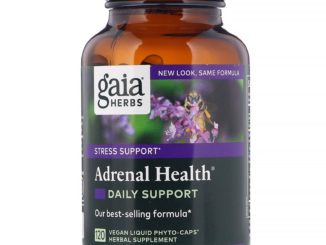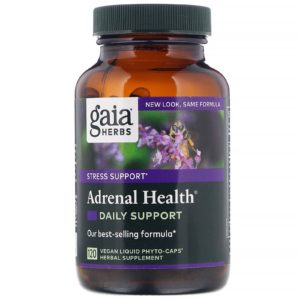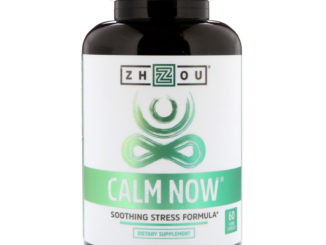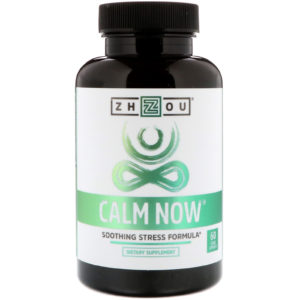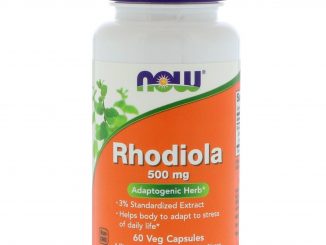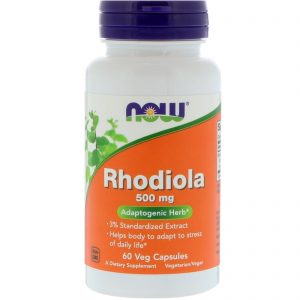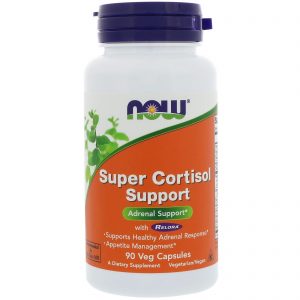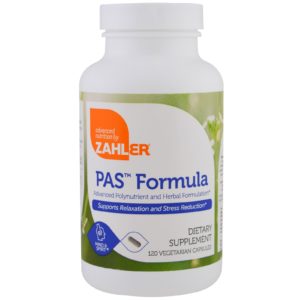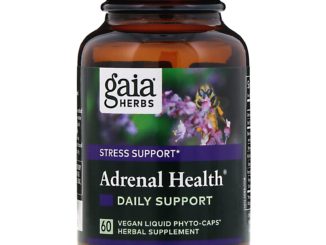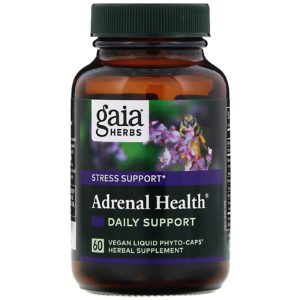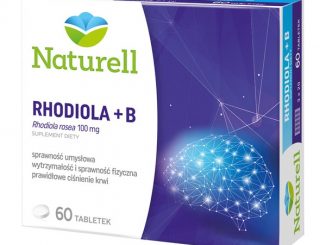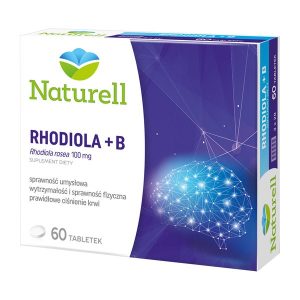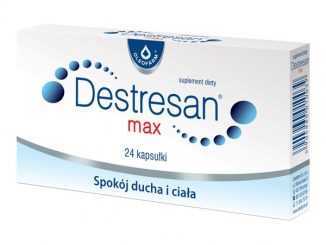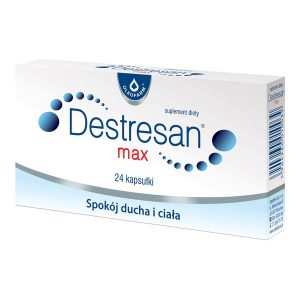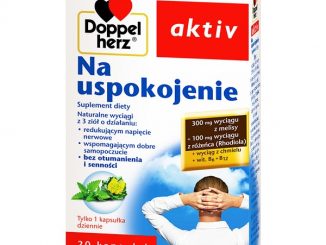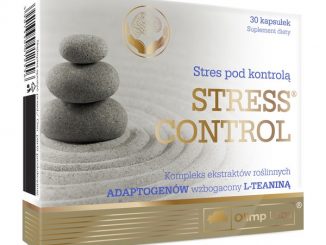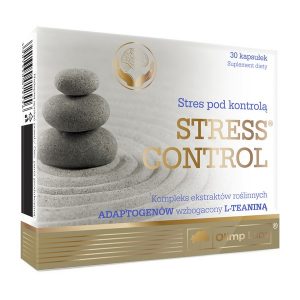The properties of Rhodiola Rosea
Rhodiola rosea (commonly golden root, rose root, roseroot, Aaron's rod, Arctic root, king's crown, lignum rhodium, orpin rose) is a perennial flowering plant in the family Crassulaceae.
While its traditional use may have been to prevent altitude sickness and to help cope with cold climates, Rhodiola Rosea is finding new uses as a mood enhancer and antifatigue agent. Rhodiola helps to increase serotonin levels, which can improve your overall mood and may improve reasoning skills as well. In Russia and Scandinavia, R. rosea has been used for centuries to cope with the cold Siberian climate and stressful life. The plant has been used in traditional Chinese medicine, where it is called hóng jǐng tiān.
Rhodiola Rosea:
- Promotes stamina and may boost athletic performance during exercise (The effects of an acute dose of Rhodiola rosea on endurance exercise performance).
- Maintains energy levels, especially during stress (Rhodiola rosea in stress induced fatigue—a double blind cross-over study of a standardized extract SHR-5 with a repeated low-dose regimen on the mental performance of healthy physicians during night duty).
- Supports well-being and promotes a healthy response to stress (Multicenter, open-label, exploratory clinical trial with Rhodiola rosea extract in patients suffering from burnout symptoms).


























































